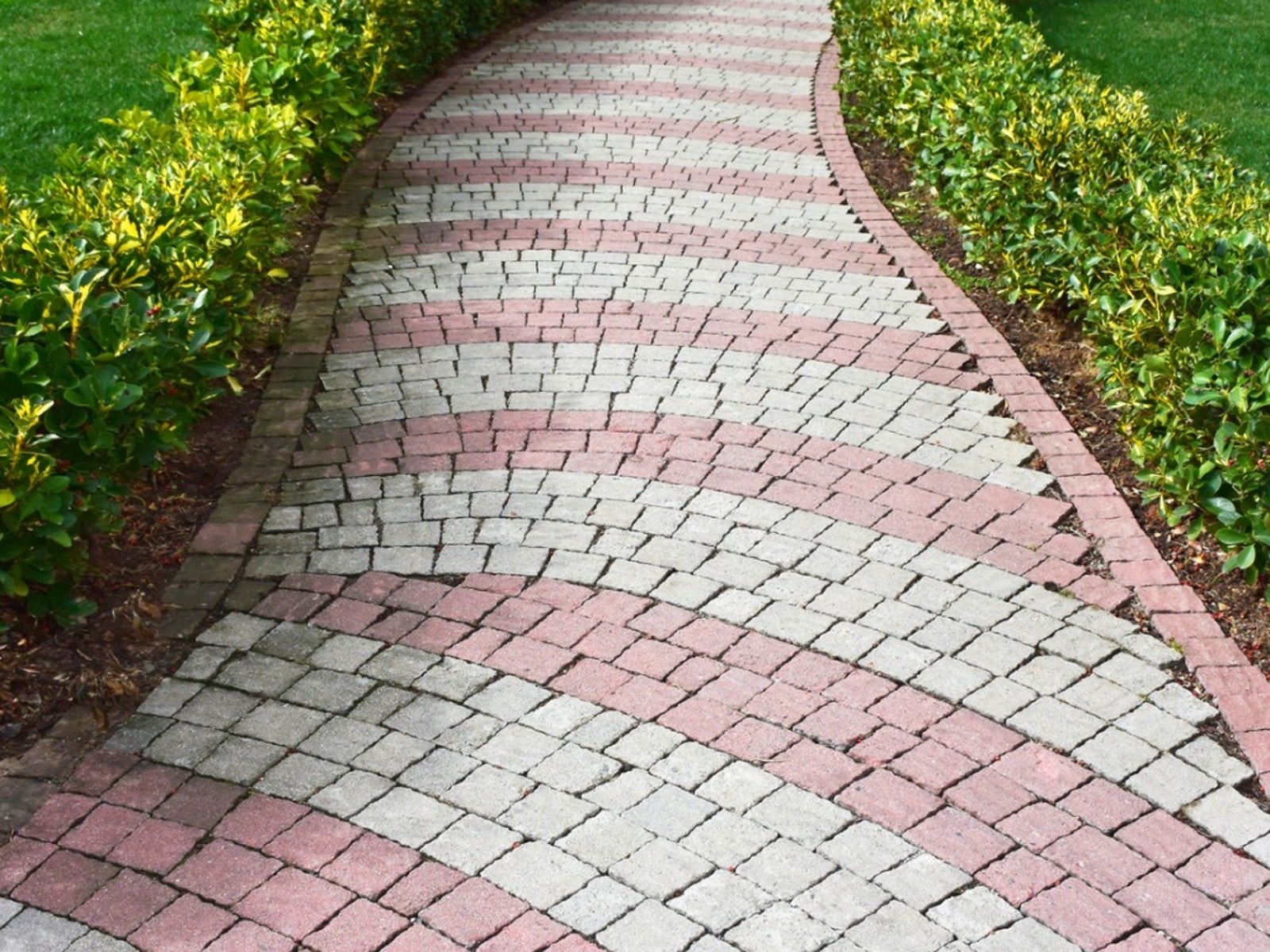Tips For Landscaping With Permeable Pavement


Hardscaping is an essential part of garden design and includes areas such as patios, driveways, and walkways. If you're looking to add these elements to your property, you may want to consider permeable types of pavements instead of the more traditional concrete and blacktop. What is permeable pavement? Let's find out.
Permeable vs. Traditional Pavement
Permeable pavement uses hardscaping materials which allow water to penetrate through it. While both permeable and traditional pavements armor the land surface to carry the weight of vehicular or foot traffic, traditional materials like blacktop and concrete are impermeable to water. Rainwater and snow melt on traditional pavement surfaces will puddle in low spots or become runoff.
Runoff from impermeable surfaces can contain salts and deicing chemicals as well as trace amounts of fluids from automobiles. The latter can include gasoline, motor oil, coolant, transmission, brake, and power steering fluid. Runoff carries these chemicals into lawns and garden areas where they can damage plants.
Runoff from residential hardscaping can also enter roadside culverts and drainage systems. Stormwater sewers eventually dump this untreated water into local ponds, lakes, and rivers. The chemicals contained in runoff can pollute swimming beaches as well as kill aquatic flora and fauna.
Benefits of Permeable Pavement
In addition to protecting the environment, permeable pavement offers these benefits:
- Improved water quality: Permeable pavement redirects runoff into the ground where it is filtered before recharging the local groundwater supply.
- Safer: When snow melts on permeable pavement the water drains through it. Water is less likely to pool and refreeze on the surface where it becomes a safety hazard.
- Reduced need for salt: Less ice means less salt or deicing chemicals are needed to keep driveways and walks safe for human and pet traffic.
- Mitigated effect of heat islands: Traditional paving materials absorb and retain more heat than permeable surfaces. This increases the ambient temperature in urban areas and increases the temperature of runoff everywhere. Super-heated runoff can damage lawns and garden areas.
- Increased human comfort levels: Cooler pavements are preferable in play areas and around swimming pools where people tend to walk barefoot. Permeable patios are likely to feel cooler on sunny days.
Types of Permeable Pavements
Pervious Concrete – This special type of concrete is made from a mixture of cement, water, and coarse aggregate, such as gravel or slag. Compared to traditional concrete, it contains fewer fine materials, such as sand. This increases the porosity of the concrete and allows water to drain through rather than collect on the surface. Permeable concrete is often the most expensive option.
Porous Asphalt – Like permeable concrete, porous asphalt is made using coarser materials. This creates void spaces for surface water to filter through. Porous asphalt mixes don't require any specialized skills or equipment to install, and most asphalt plants can prepare the mix. Porous asphalt is usually the least expensive permeable paving option.
Gardening tips, videos, info and more delivered right to your inbox!
Sign up for the Gardening Know How newsletter today and receive a free copy of our e-book "How to Grow Delicious Tomatoes".
Paver blocks – There is nothing quite as elegant as pavers for patios and walkways. Patio pavers come in a variety of shapes, sizes, and colors and can easily be installed in square and rectangle areas or along winding, curvy pathways. It should be noted that in order to create a permeable paver patio, driveway, or walk, the spaces between the pavers are filled with crushed aggregate, not impermeable mortor.
Installation and Care Tips for Pervious Pavement
The installation of permeable pavement requires a carefully prepared subsurface. This base consists of layers of coarse stone or aggregate and can include piping and water storage reserves. Geotextile fabric is also used to facilitate drainage and prevent integration of the base materials into the underlying soil.
Permeable pavements require more maintenance and care than traditional hardscaping materials. It's best to avoid practices which allow dirt and debris to collect in the voids as this will clog the pavements’ ability to drain water. Vacuuming permeable pavements twice a year is recommended to remove debris.

Laura Miller has been gardening all her life. Holding a degree in Biology, Nutrition, and Agriculture, Laura's area of expertise is vegetables, herbs, and all things edible. She lives in Ohio.